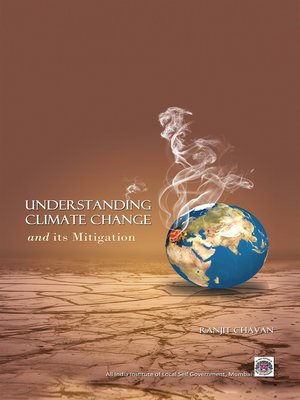
Sign up to save your library
With an OverDrive account, you can save your favorite libraries for at-a-glance information about availability. Find out more about OverDrive accounts.
Find this title in Libby, the library reading app by OverDrive.



Search for a digital library with this title
Title found at these libraries:
| Library Name | Distance |
|---|---|
| Loading... |
Climate change is the real threat to the humanity. It has united all the countries in the form of setting up special bodies to face the challenge, to know of its advance and to take action. Its consequences are visible in the form of climatic extremes, erratic rainfall, floods, droughts, cyclones, having adverse impact on water resources, agriculture, health, human settlements, biodiversity, loss of glaciers, rise in sea level, ocean acidification etc. All these have been scientifically established through the Assessment Reports of the Intergovernmental Panel on Climate Change. The causes of this rising threat are mainly indiscriminate human activities of burning of fossil-fuels, deforestation, animal husbandry, industrial emissions, etc. causing continual rise of emissions of greenhouse gases. The general perception is that decision making and action is slow and the threat is increasing by the day. There is lack of public awareness towards the danger. Since human activities are the cause, it is through modification of human activities that the danger can be averted. Purpose of this book is to explain the whole phenomenon of climate change in easy language and lucid style, for creating public awareness. Aware people can prevail upon the governments and authorities to take up the mitigation and adaptation efforts in right earnest, and also on their part they can conduct their daily activities with thought of abating the challenge.







